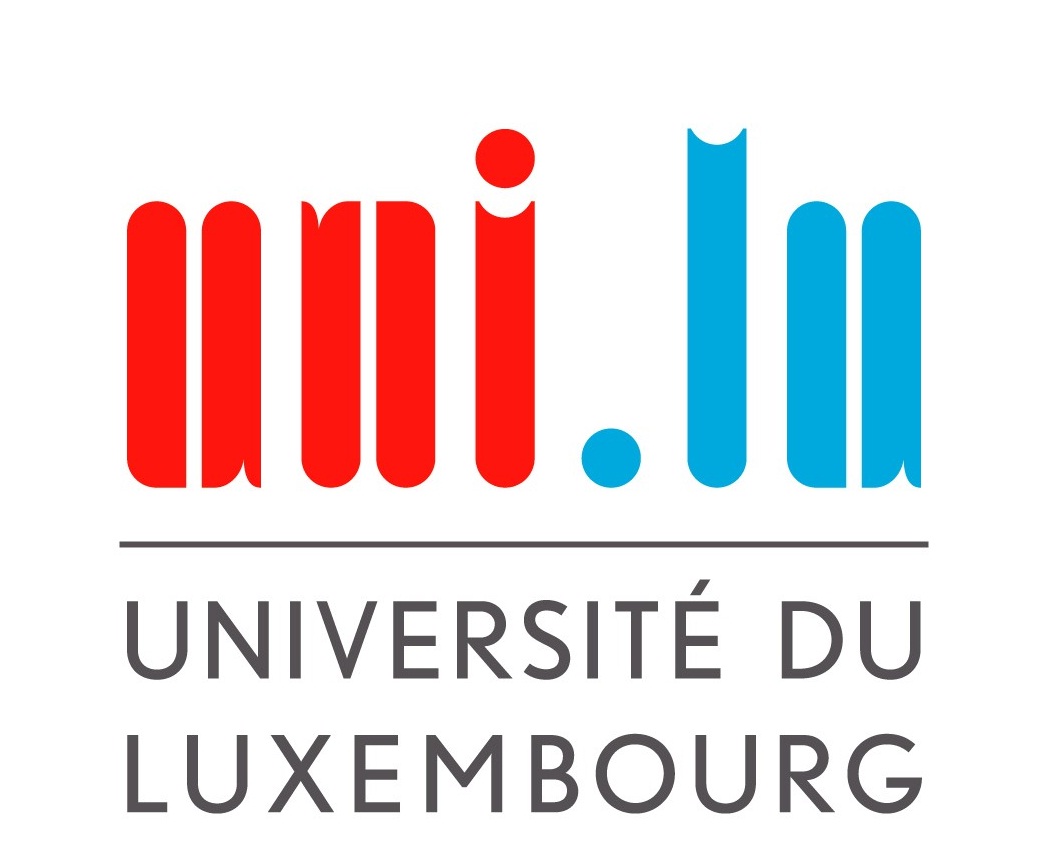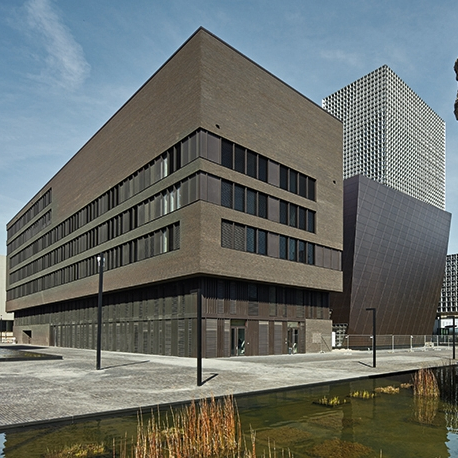Fractional Brownian Motion and its Applications
23-24 April 2024, Belval.The workshop "Fractional Brownian Motion and its Applications" is a scientific meeting that brings together leading researchers working on fractional processes and related areas such as SPDEs, rough path theory, rough volatility models, Malliavin calculus and limit theorems, etc. to discuss recent results covering both theoretical and applied aspects.
It will take place at the Belval campus in the Grand Duchy of Luxembourg.

How to access Belval campus
You can use the following map or the dedicated webpage from the University of Luxembourg to find your way to Belval campus.
Program

The conference rooms are:
-MSA 3.200 on Tuesday 23rd April.
-MSA 3.120 on Wednesday 24th April.
Tuesday 23rd April
13:30 - 14:00: Welcome, registration and coffee14:00 - 14:45: Talk by Mathieu Rosenbaum (Ecole Polytechnique, France)
14:45 - 15:30: Talk by Arturo Jaramillo Gil (CIMAT, Mexico)
15:30 - 16:00: Coffee Break
16:00 - 16:45: Alexandre Richard, (CentraleSupélec, France)
16:45 - 17:30: Lorenzo Cristofaro (University of Luxembourg)
19:00 - ...: Conference Dinner
Wednesday 24th April
09:15 - 10:00: Talk by Antoine Ayache (Université de Lille, France)10:00 - 10:45: Talk by Céline Esser (University of Liège, Belgium)
10:45 - 11:15: Coffee Break
11:15 - 12:00: Talk by Yassine Nachit (University of Luxembourg)
12:00 - ...: Lunch boxes
Speakers
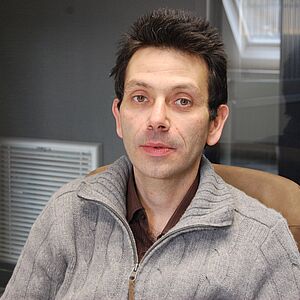
Antoine Ayache
Antoine Ayache is a Professor of Applied Mathematics at the University of Lille in France. His research focuses on multifractional processes, an extension of the fractional Brownian motion. Antoine's particular areas of interest encompass topics such as wavelet-type random series representation of fractional fields (e.g., for the Hermite process), the sample path behavior of multifractional and anisotropic fields, and the study in depth of their local time properties.
Lorenzo Cristofaro
Lorenzo Cristofaro is currently a postdoctoral researcher at the University of Luxembourg, working within the group led by Prof. Peccati. He completed a Ph.D. at Sapienza, University of Rome, under the supervision of Prof. Beghin. His research interests are in Gaussian and non-Gaussian analysis, white noise theory, Gaussian free fields, anomalous diffusions and special functions.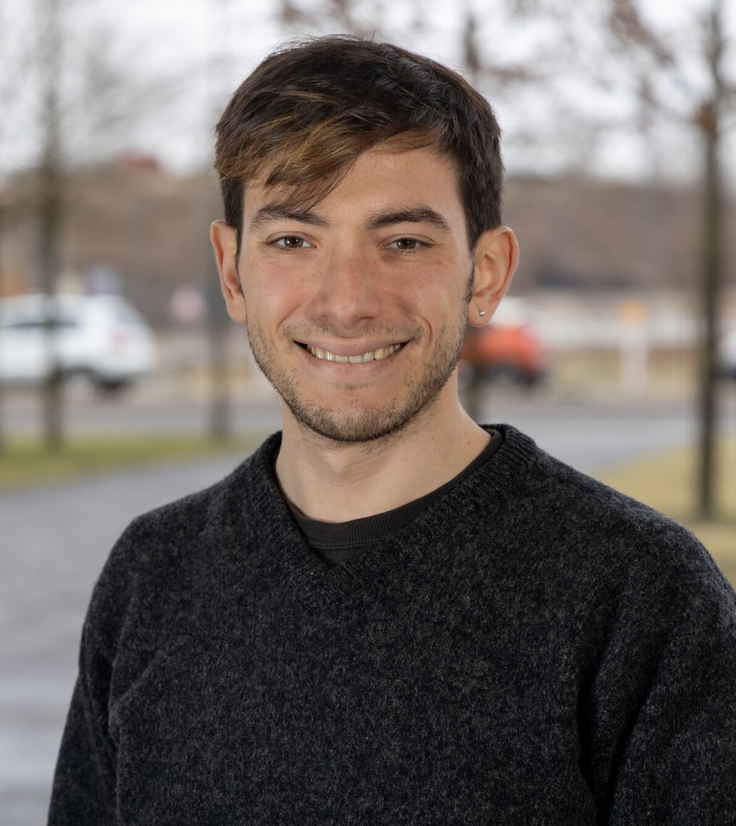
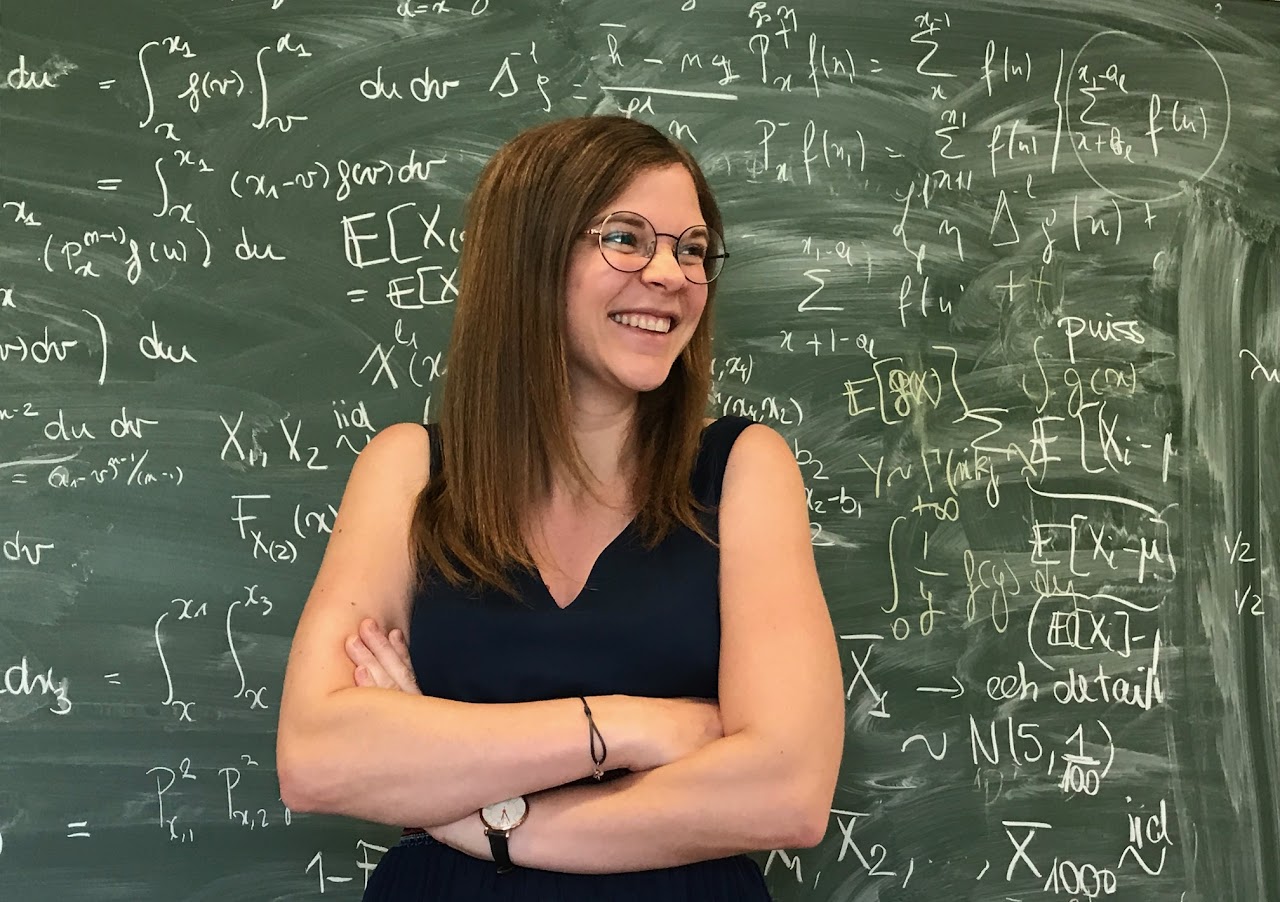
Céline Esser
Céline Esser is a "Chargée de Cours" at the Mathematics Department of the University of Liège. Her main interest is functional analysis, and more specifically wavelet theory, harmonic and multifractal analysis. In particular, Céline uses these techniques to gain a deep understanding of the regularity of stochastic processes or to obtain new properties for classes of ultradifferentiable functions.
Arturo Jaramillo
Arturo Jaramillo is a researcher at the Center for Research in Mathematics (CIMAT) in Guanajuato. His primary focus is on analysis in Wiener space, limit theorems, fractional Brownian motion, Stein's method, local times, random matrices, and probabilistic number theory. Previously, he held postdoctoral positions at the University of Luxembourg and the National University of Singapore, working within the research groups of Profs. Ivan Nourdin, Giovanni Peccati, Adrian Roellin and Louis Chen. Arturo earned his Ph.D. from the University of Kansas under the guidance of Prof. David Nualart.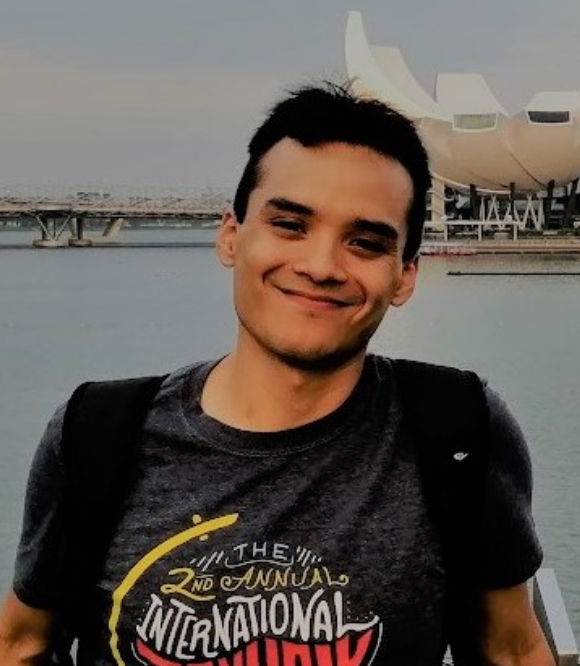
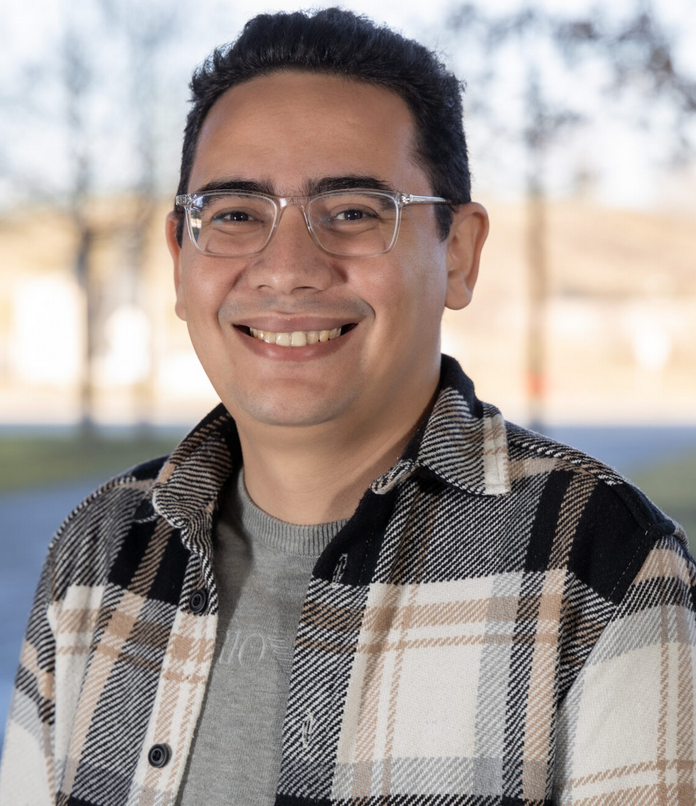
Yassine Nachit
Yassine Nachit is presently a postdoctoral researcher at the University of Luxembourg, working within the group led by Prof. Ivan Nourdin. Prior to that, he completed a PhD at Cadi Ayyad University in Morocco under the supervision of Prof. Brahim Boufoussi. Yassine's research focuses on various areas including Besov regularity of the local time of SPDEs, Malliavin calculus for non-Gaussian processes and analysis on Wiener space. His current endeavors involve establishing new formulas for the densities of Malliavin differentiable random vectors and investigating the local times of SDEs driven by the Hermite process through Malliavin calculus techniques.
Alexandre Richard
Alexandre Richard is currently an assistant professor at CentraleSupélec (Université Paris-Saclay, France). His main research topic is stochastic analysis with a particular interest in stochastic and rough differential equations (e.g. driven by fractional noise), interacting particle systems and Fokker-Plank equations with singular interaction. Alexandre's research also provides deep insights for practical applications in finance: simulation of the rough Heston model or numerical approximations of SDEs.
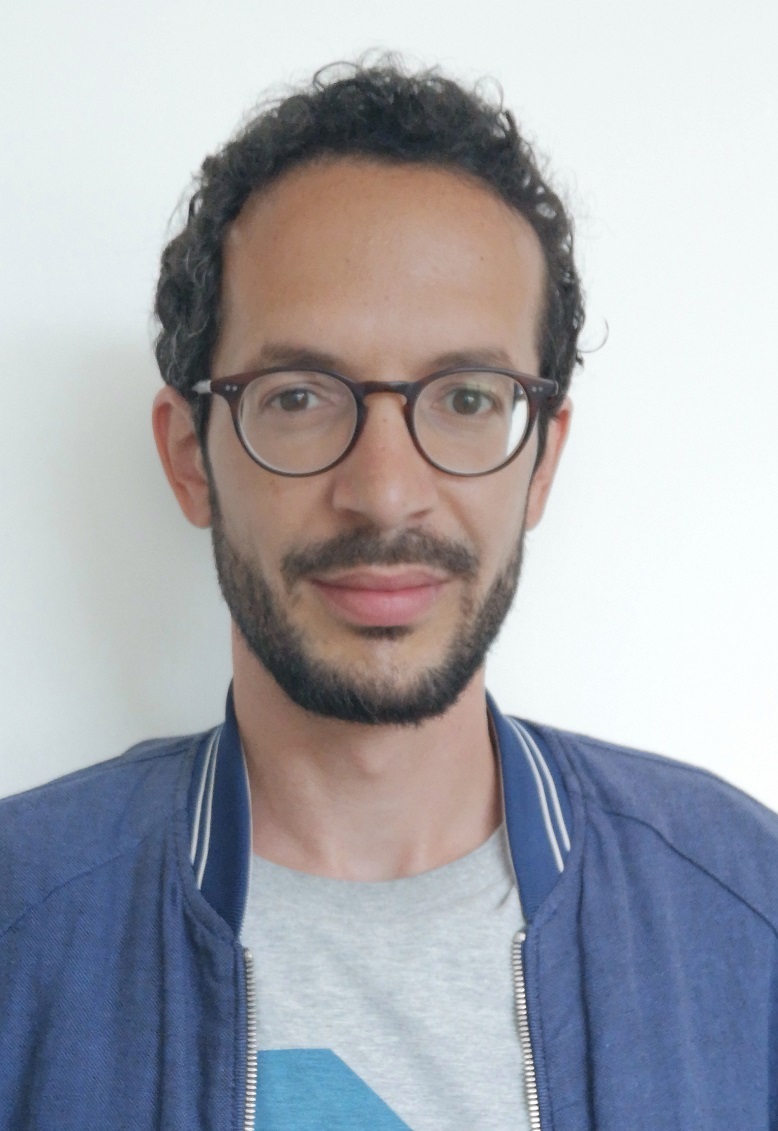
Mathieu Rosenbaum
Mathieu Rosenbaum holds the position of Professor of Quantitative Finance at the Centre de Mathématiques Appliquées (CMAP) of the Ecole Polytechnique in Palaiseau, France. In 2021, he was honored with the Quant of the Year Award by Risk.net's for his pioneering contributions to "Rough Volatility." Mathieu's research interests span a wide range of topics, including the statistics of financial models, rough volatility modeling, stochastic volatility models, high-frequency trading, and market microstructure.
The conference dinner will take place from 7 pm at L'Osteria restaurant (located less than 5 minutes walking distance from the conference room and the hotel) and will be offered to all registered participants. Travel and accomodation costs are in charge of the particpants. We recommend the hotel ibis Esch Belval which is located on campus and within walking distance of the conference venue. Registration to the event is free but mandatory. If you wish to participate, please email ivan.nourdin@gmail.com or charles-philippe.diez@uni.lu.Abstracts
Abstract: There are two classical very different extensions of the well-known Gaussian fractional Brownian motion to non-Gaussian frameworks of heavy-tailed stable distributions:
the harmonizable fractional stable motion (HFSM) and the linear fractional stable motion (LFSM). As far as we know, while several articles in the literature, some of which
appeared a long time ago, have proposed statistical estimators for parameters of LFSM, no estimator has yet been proposed in the framework of HFSM. Among other things,
what makes statistical estimation of parameters of HFSM to be a difficult problem is that, in contrast to LFSM, HFSM is not ergodic. The main goal of our talk is to propose a
new strategy for dealing with this problem and constructing strongly consistent and asymptotically normal statistical estimators for both parameters of HFSM. The keystone of
our new strategy consists in the construction of new transforms of HFSM which allow to obtain, at any dyadic level and also at any two consecutive dyadic levels, sequences of
independent stable random variables. This new strategy might allow to make statistical inference for more general non-ergodic hamonizable stable processes and fields than HFSM.
Moreover, it could turn out to be useful in study of other issues related to them.
Abstract: The generalization of fractional Brownian motion in infinite-dimensional white noise space and grey noise spaces has been recently carried over, following the Mandelbrot-Van Ness representation, through Riemann-Liouville type fractional operators. In this talk, we present Bernstein Processes, a class of Gaussian processes defined through a class of generalized fractional operators. Our aim is to extend the fractional Brownian motion in white noise space as well as through Mandelbrot-Van Ness representation by means of more general fractional derivatives and integrals, which we define through Bernstein functions. More precisely, we introduce a general class of kernel-driven processes which encompasses, as special cases, a number of models in the literature, including fractional Brownian motion, tempered fractional Brownian motion, Ornstein-Uhlenbeck process. We also present some properties of this class of processes (such as continuity, stationarity, persistency and anti-persistency) according to the conditions satisfied by the Bernstein function chosen. On the other hand, these processes are proved to display short- or long-range dependence, if obtained by means of a derivative or an integral type operator, respectively, regardless of the kernel used in their definition. Finally, this kind of construction allows us to define the corresponding noise and to solve a Langevin-type integral equation.
Joint work with Prof. Beghin and Prof. Mishura.
Céline Esser, Regularity of Weighted tensorized fractional Brownian textures.
Abstract: In this presentation, we introduce a new model of textures, obtained as realizations of a new class of fractional Brownian fields. These fields are obtained by a relaxation of the tensor-product structure that appears in the definition of fractional Brownian sheets. We study statistical properties such as self-similarity, stationarity of rectangular increments and regularity properties. Additionally, we introduce natural functional spaces associated with these processes and propose a wavelet characterization of these spaces.
Arturo Jaramillo Gil, Some problems on matrix-valued fractional Brownian motion.
Abstract: The study of the eigenvalues of matrix-valued processes with Gaussian entries holds significant relevance across various branches of mathematics , including; operator theory free probability and statistics. A natural generalization of this type of structure consists of introducing a parameter that could allow "evolution" on the underlying matrices: one way to do this is to consider matrices with fractional Brownian motions in each entry. In this talk, we will discuss certain subtopics in the theory of matrix-valued processes: the eigenvalue collision, well-posedness of stochastic equations for the eigenvalues and functional fluctuation of linear statistics of random matrices whose entries are independent fractional Brownian motions. Moreover, a series of open problems will be presented, highlighting avenues for further research in this domain.
Yassine Nachit, Local times for systems of non-linear stochastic heat equations.
Abstract: It is widely known that in order to explore sample path properties of stochastic processes that entail rough trajectories, a common method, which was first observed by Berman, is to investigate the regularity of the trajectories of their local times. Indeed, Berman’s principle elucidates that roughness or irregularity of sample paths of a stochastic process can be reflected in the regularity (or smoothness) of the local time’s trajectories of the underlying process. In this regard, this talk continues in this vein by using local times to study sample path properties of a class of non-Gaussian processes. We consider a d-dimensional system of non-linear stochastic heat equations driven by space-time white noise. Our primary focus is on investigating the existence of the local time of the solution to this system. We establish that when the dimension, d, is less than or equal to 3, the local time exists. However, when the dimension, d, is greater than or equal to 4, the local time does not exist. Furthermore, we establish the joint continuity of the local time when it exists. These findings are instrumental in investigating the irregularity of the sample paths of the solution to this system.
Alexandre Richard, Densities of singular SDEs driven by fractional Brownian motion, and application to McKean-Vlasov equations.
Abstract: In this talk, we consider first the SDE $dX_t = b(t,X_t) + dB_t$, where $b$ is singular (e.g. a distribution) and $B$ is a fractional Brownian motion. We present and review well-posedness results about this equation, giving criteria that relate the regularity of $b$ and the parameter $H$. Then we study the time-space regularity of the density of the solution. Exploiting this regularity, we prove the existence of solutions for McKean-Vlasov equations of the form $dY_t = \mu_t \ast b(t,Y_t) + dB_t$, where $\mu_t$ is the law of the solution $Y_t$, for a drift $b$ which is allowed to be more singular than in the linear case.
Joint work with L. Anzeletti, L. Galeati and E. Tanré.
Mathieu Rosenbaum, From no arbitrage to market impact and rough volatility.
Abstract: The goal of this work is to disentangle the roles of volume and participation rate in the price response of the market to a sequence of orders. To do so, we use an approach where price dynamics are derived from the order flow via no arbitrage constraints and make connections with the rough volatility paradigm. We also introduce in the model sophisticated market participants having superior abilities to analyse market dynamics. Our results lead to two square root laws of market impact, with respect to executed volume and with respect to participation rate.
This is joint work with Bruno Durin and Grégoire Szymanski.
Practical information

Participants
Antoine Ayache, Université de Lille (France)
Gaspard Bernard, University of Luxembourg
Lucia Celli, University of Luxembourg
Francesca Cottini, University of Luxembourg
Charles-Philippe Diez, University of Luxembourg
Céline Esser, University of Liège (Belgium)
Ujan Gangopadhyay, University of Luxembourg
Louis Gass, University of Luxembourg
Akram Heidari, University of Luxembourg
Ronan Herry, Centre Henri Lebesgue, Rennes (France)
Arturo Jaramillo, CIMAT (Mexico)
Andrey Latyshev, University of Luxembourg
Nicolas Lengert, University of Luxembourg
Laurent Loosveldt, University of Liège (Belgium)
Leonardo Maini, University of Luxembourg
Yassine Nachit, University of Luxembourg
Ivan Nourdin, University of Luxembourg
Giovanni Peccati, University of Luxembourg
Pierre Peruchaud, University of Luxembourg
Francisco Pina, University of Luxembourg
Francesca Pistolato, University of Luxembourg
Mark Podolskij, University of Luxembourg
Alexandre Richard, CentraleSupélec, Université Paris-Saclay (France)
Mathieu Rosenbaum, Ecole Polytechnique (France)
Giacomo Salvati, University of Luxembourg
Krzysztof Smutek, University of Luxembourg
Michele Stecconi, University of Luxembourg
Xiaochuan Yang, Brunel University London (England)
Contact
